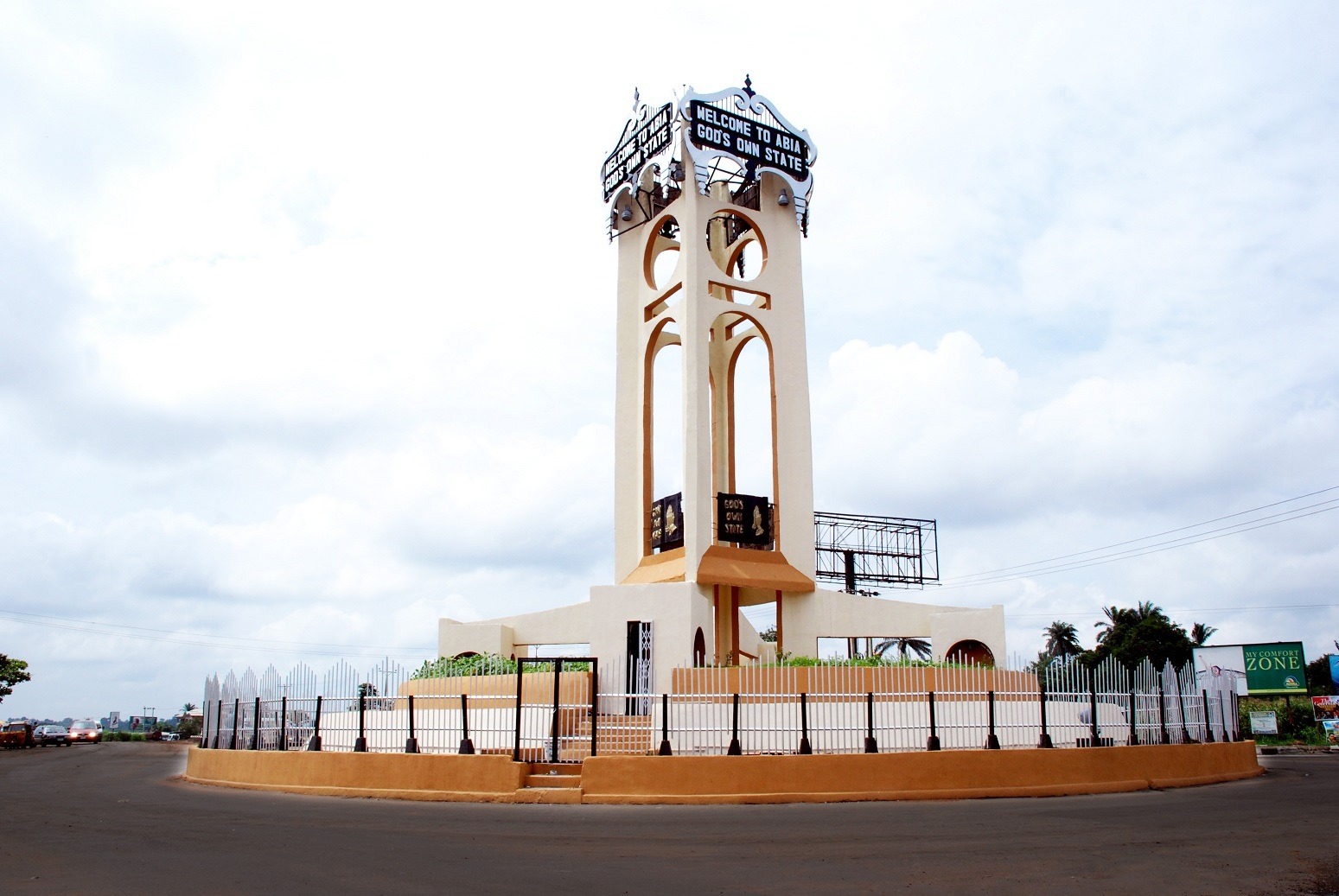Civic Participation
Civic Participation

All of the foregoing points and more require active civic participation on the part of the public. It is eminently important that citizens know how their government works and how public funds are generated and spent so they can hold their government accountable at the local, state and national levels. Tracking, monitoring and evaluating government actions, laws and policies and their effects on the people; engaging in the electoral process; exercising their voting rights; respecting human rights and dignity; respecting the rule of law; organizing and participating in peaceful protests to bring government policies in line with the will of the people; and freely and actively discussing and calling attention to issues of concern using social platforms – village square, market square, town halls, worship places, schools and the print and digital media – are measures of civic participation in the democratic life of a society.
Such participation helps to create a peaceful and stable society and guards against dictatorship and government actions that cause harm to the common good. Our educational effort is poised to encourage robust civic participation among the Nigerian public.


